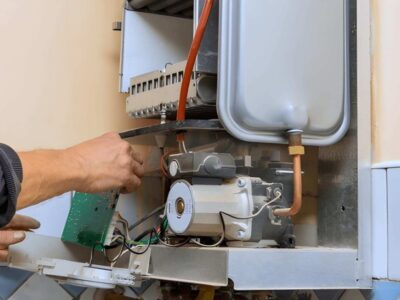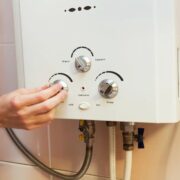Do you ever stop to think about the air you breathe indoors? Well, you should! Indoor air quality (IAQ) is a crucial aspect of your health and well-being.
Just like a river flowing through your home or workplace, the air can carry pollutants that impact your respiratory system. But fear not! There are strategies you can implement to improve IAQ and reap the benefits of a healthier environment.
So, let’s dive in and explore the importance of indoor air quality together!
The Impact of Poor IAQ on Health
Improving indoor air quality is crucial for maintaining good health. The importance of ventilation can’t be overstated when it comes to ensuring a healthy indoor environment.
Proper ventilation helps to remove pollutants, such as carbon dioxide, volatile organic compounds (VOCs), and other harmful particles, from the air. It also helps to control humidity levels, preventing the growth of mold and mildew, which can lead to respiratory problems.
In addition to ventilation, air filters play a vital role in improving indoor air quality. They trap and remove dust, pollen, pet dander, and other allergens, preventing them from circulating in the air you breathe. Air filters also help to reduce the presence of harmful particles, such as bacteria and viruses, keeping you and your family safe and healthy.
Therefore, investing in proper ventilation systems and high-quality air filters is essential for maintaining good indoor air quality and promoting overall well-being.
Common Sources of Indoor Air Pollutants
To understand the sources of indoor air pollutants, you need to be aware of common household items that contribute to poor indoor air quality.
Indoor air pollutants are substances that can be found in the air inside your home and have the potential to negatively affect your health. These pollutants can come from various sources, including everyday items that you may not even realize are contributing to poor air quality.
For example, household cleaning products, such as aerosol sprays and disinfectants, can release harmful chemicals into the air. Additionally, tobacco smoke, cooking fumes, and even certain building materials and furnishings can release pollutants.
It’s important to be mindful of these sources and take steps to minimize their impact on indoor air quality to protect your health and well-being.
Strategies for Improving Indoor Air Quality
Take control of your indoor air quality with these effective strategies.
One way to improve indoor air quality is by utilizing natural ventilation options. Opening windows and doors allows fresh air to circulate and removes stagnant air. Additionally, using exhaust fans in kitchens and bathrooms can help remove pollutants.
Another strategy is to use air purifiers. These devices are designed to remove contaminants from the air, such as dust, pollen, and pet dander. When choosing an air purifier, look for one that’s effective at capturing small particles and has a high clean air delivery rate. It’s important to note that air purifiers may not be as effective in removing gases and odors.
Benefits of Prioritizing IAQ in Your Home or Workplace
Prioritizing indoor air quality in your home or workplace has numerous benefits.
Ensuring good indoor air quality not only promotes a healthier and more comfortable living or working environment, but it also has long-term advantages for your overall well-being. By improving the quality of the air you breathe, you can reduce the risk of respiratory issues, allergies, and asthma.
Additionally, maintaining good indoor air quality can enhance productivity and cognitive function, leading to better performance at work. Studies have shown that poor indoor air quality can impair cognitive abilities and decrease concentration levels.
Moreover, by prioritizing IAQ, you can minimize the presence of harmful pollutants and toxins, which can have both immediate and long-term detrimental effects on your health.
The significance of prioritizing indoor air quality can’t be overstated, as it directly impacts your health, comfort, and productivity.
Conclusion
So remember, when it comes to indoor air quality, it’s not just important, it’s imperative.
Poor IAQ can have a detrimental impact on your health, causing respiratory issues and allergies.
By identifying and eliminating common sources of indoor air pollutants, you can greatly improve the air quality in your home or workplace.
Prioritizing IAQ not only creates a healthier environment, but also provides numerous benefits for your overall well-being.
So don’t delay, take action today and breathe easy in an environment that promotes health and happiness.
Get more clean air info at https://www.facebook.com/Cleanairhacks.













Comments